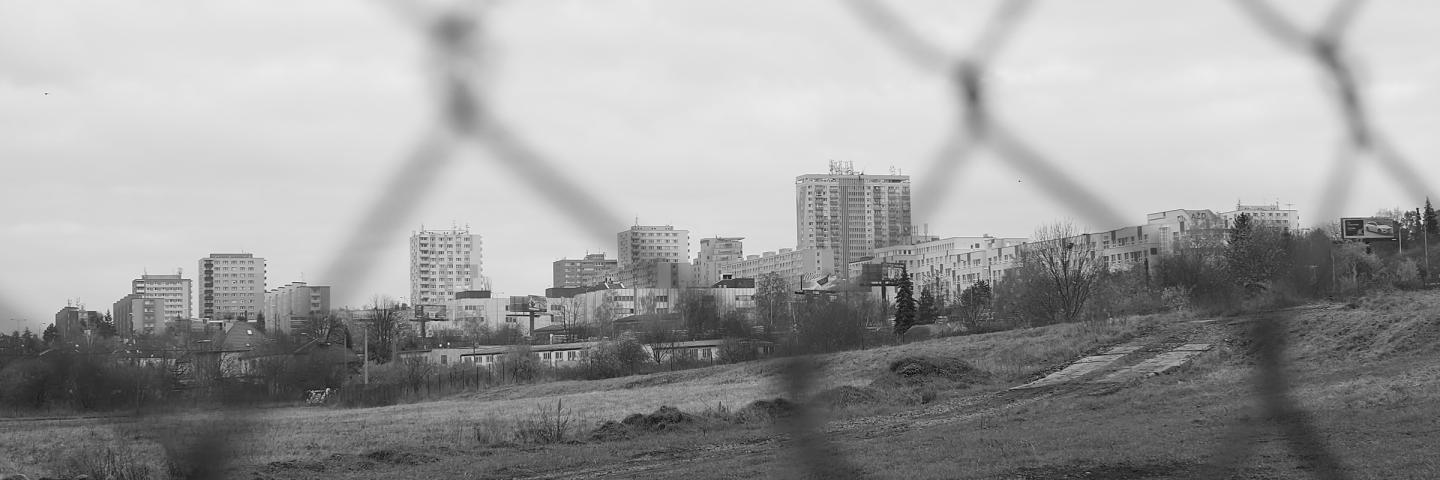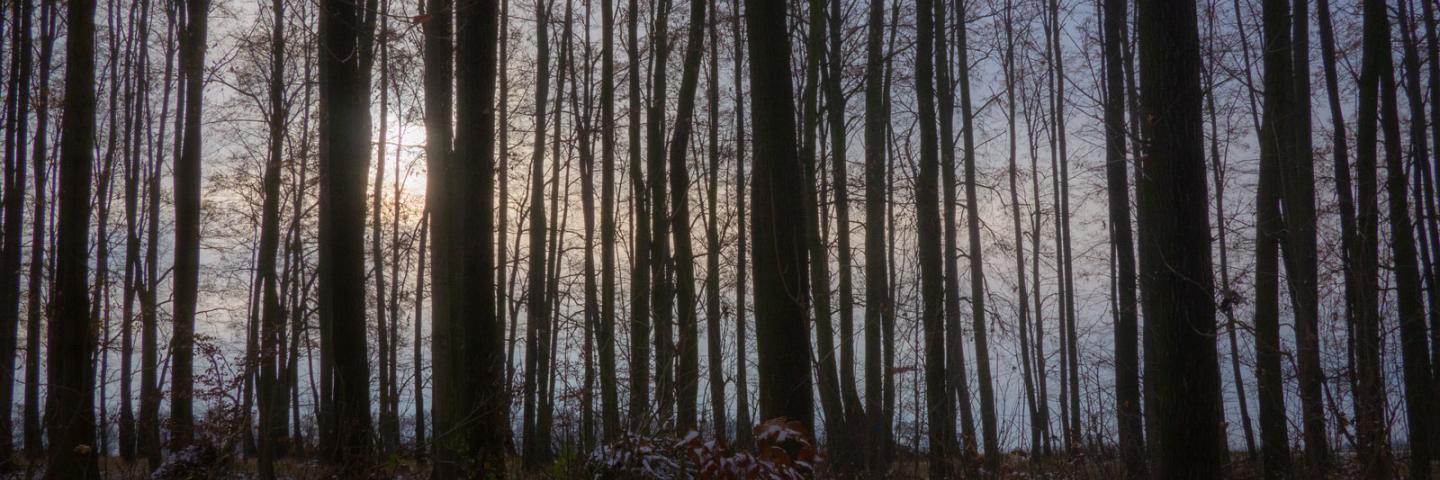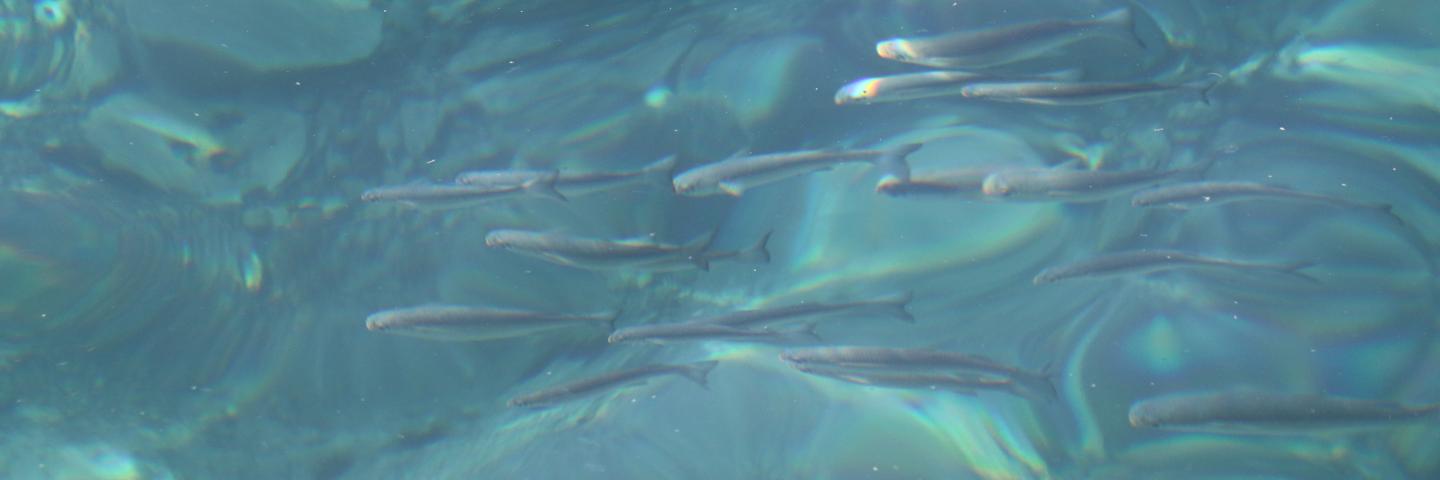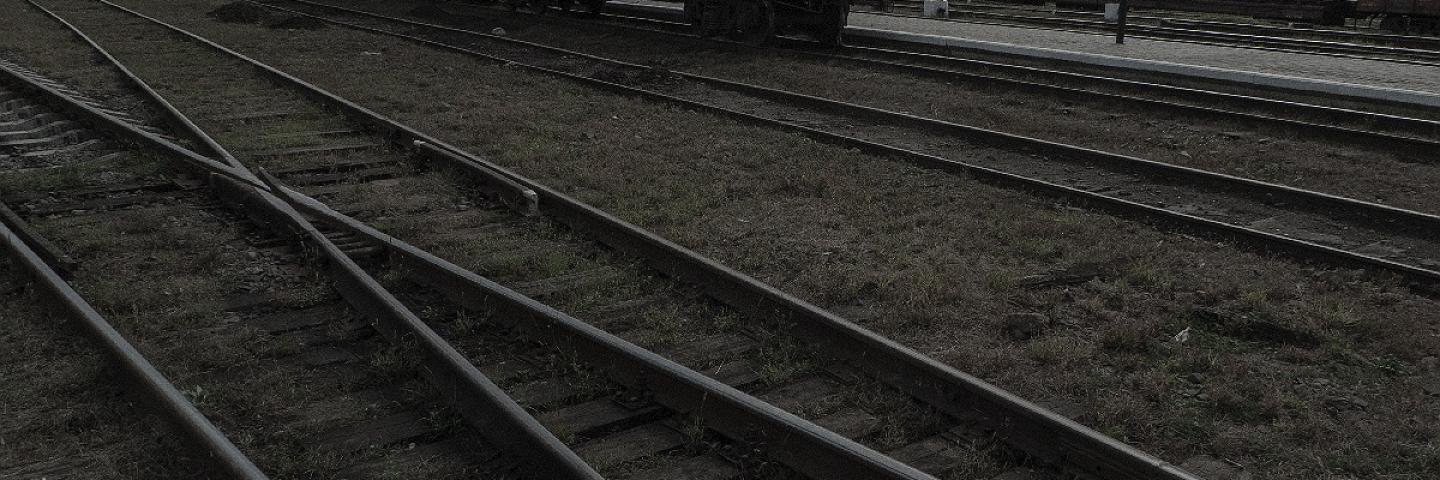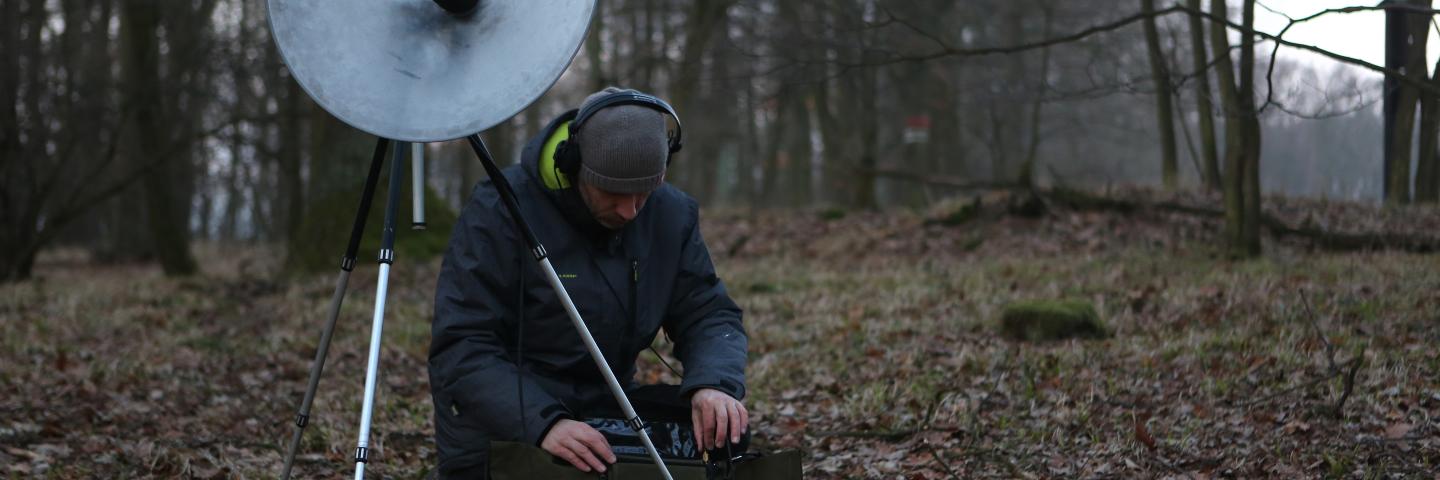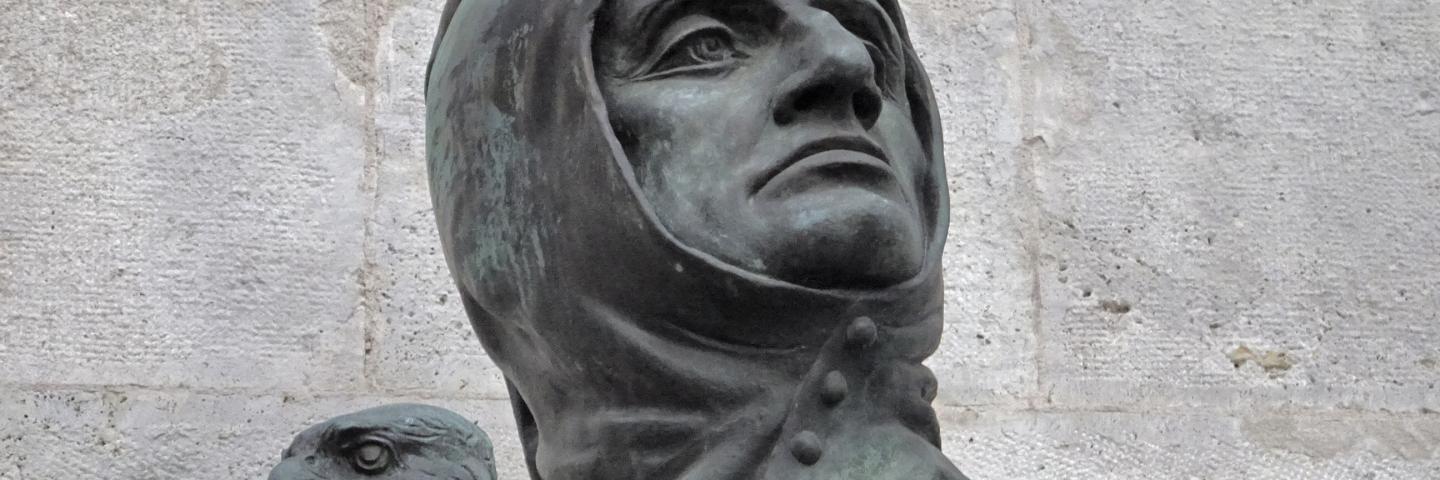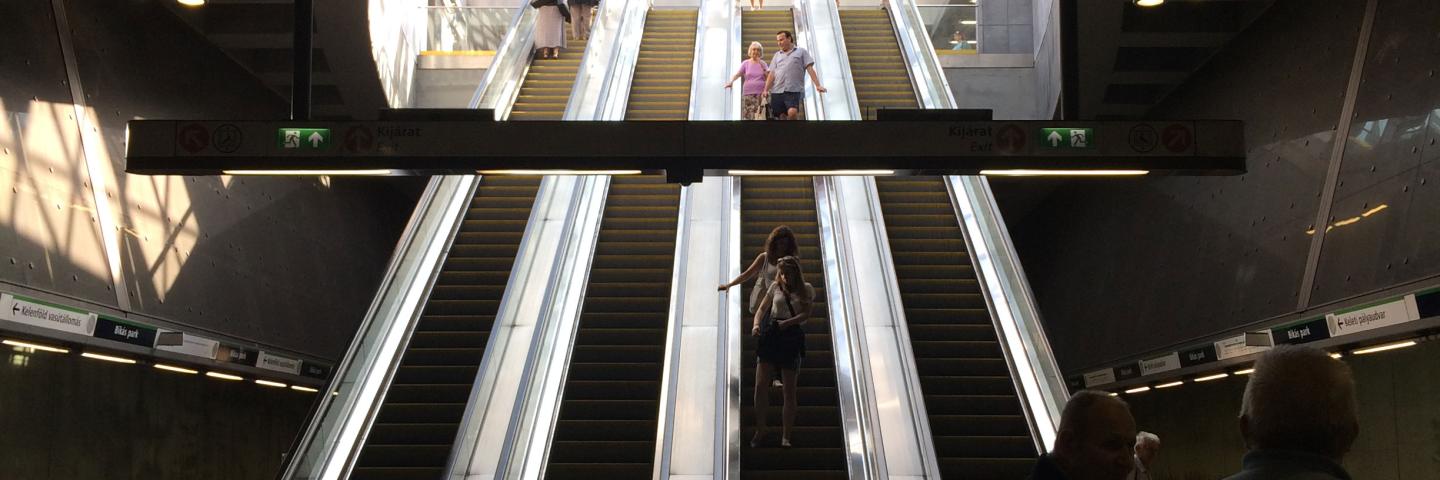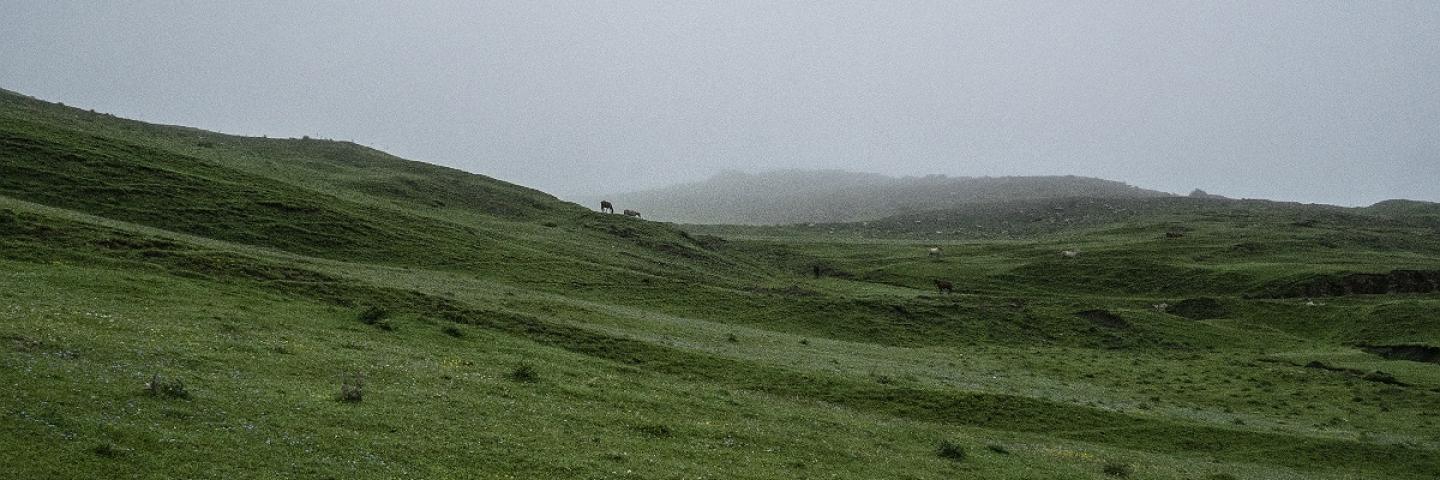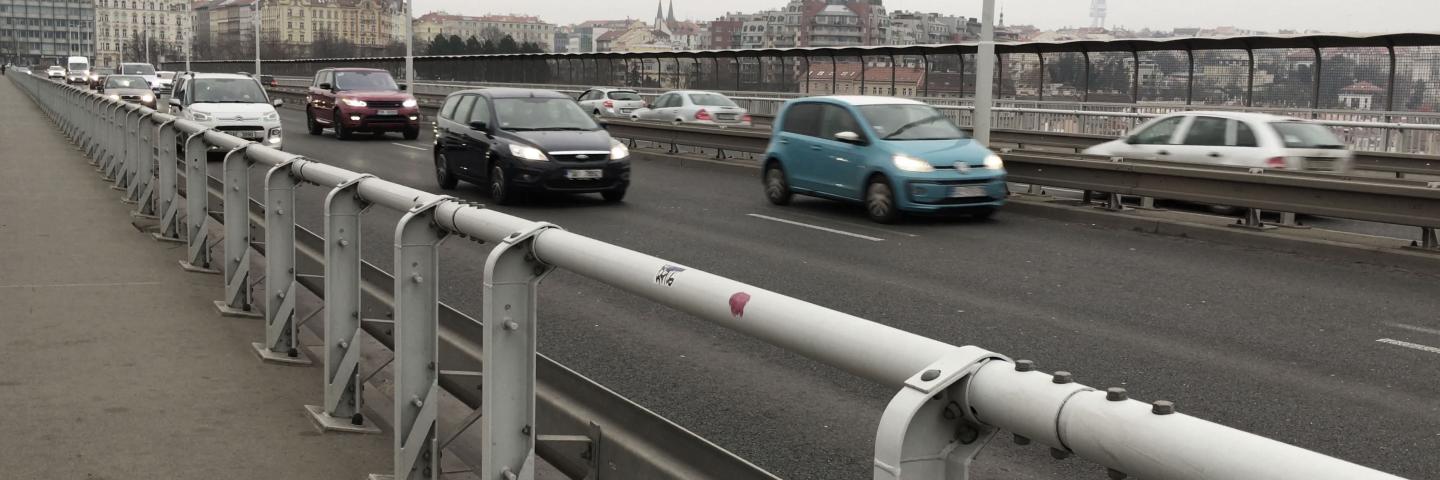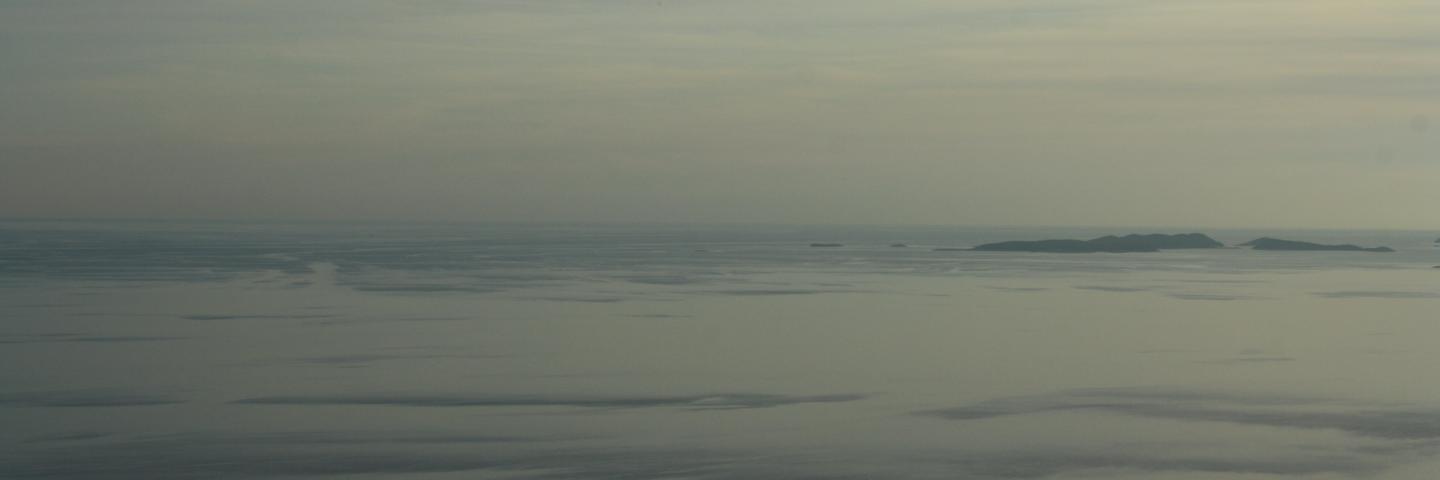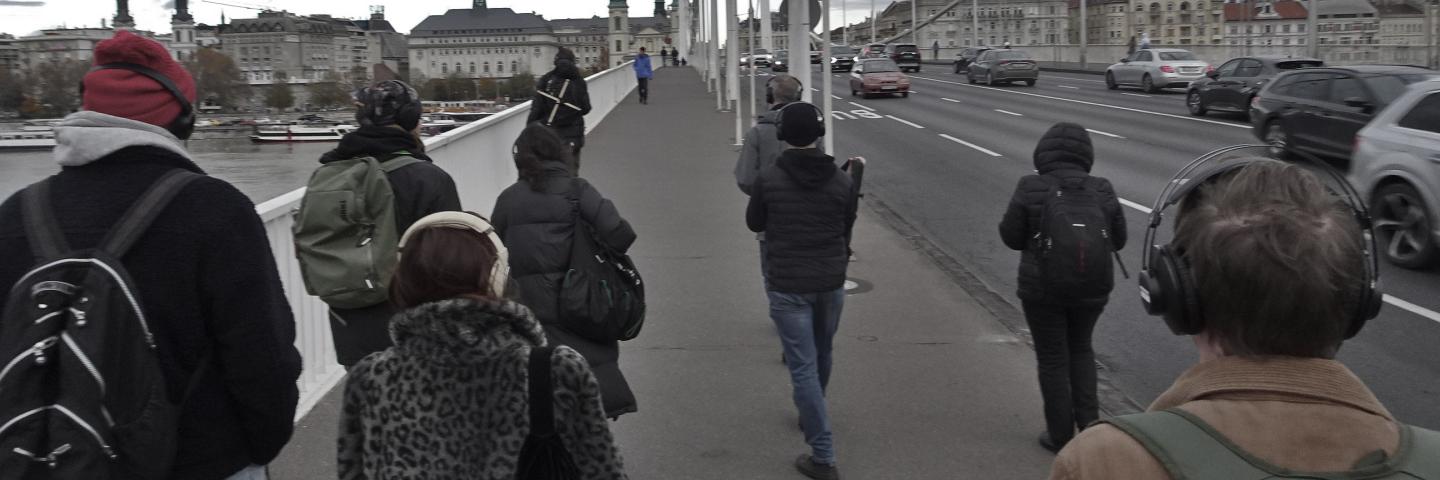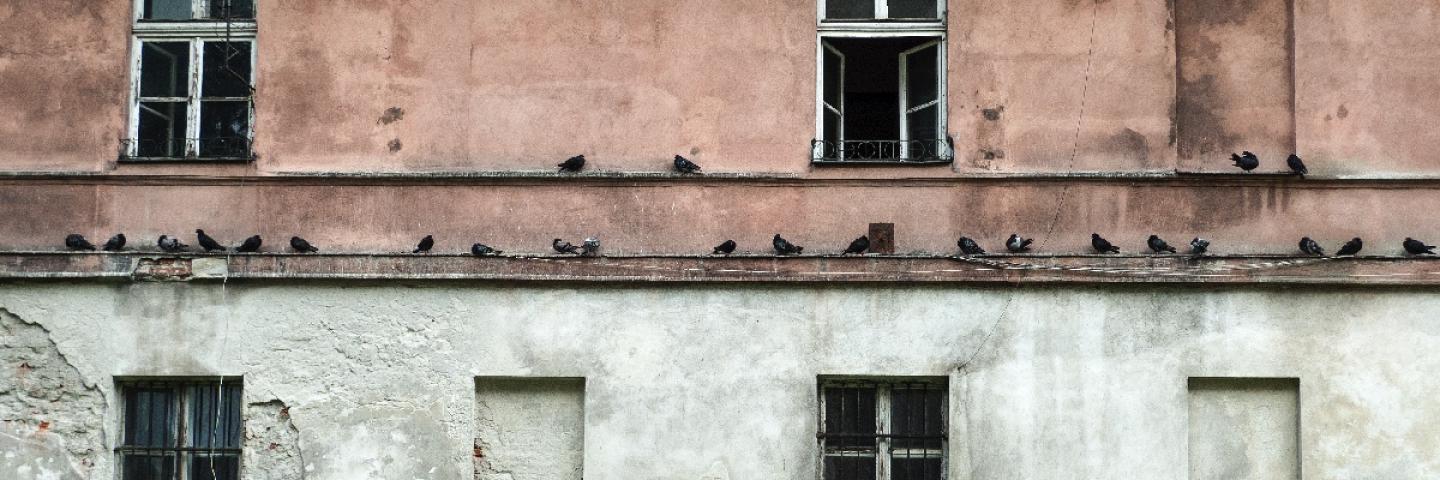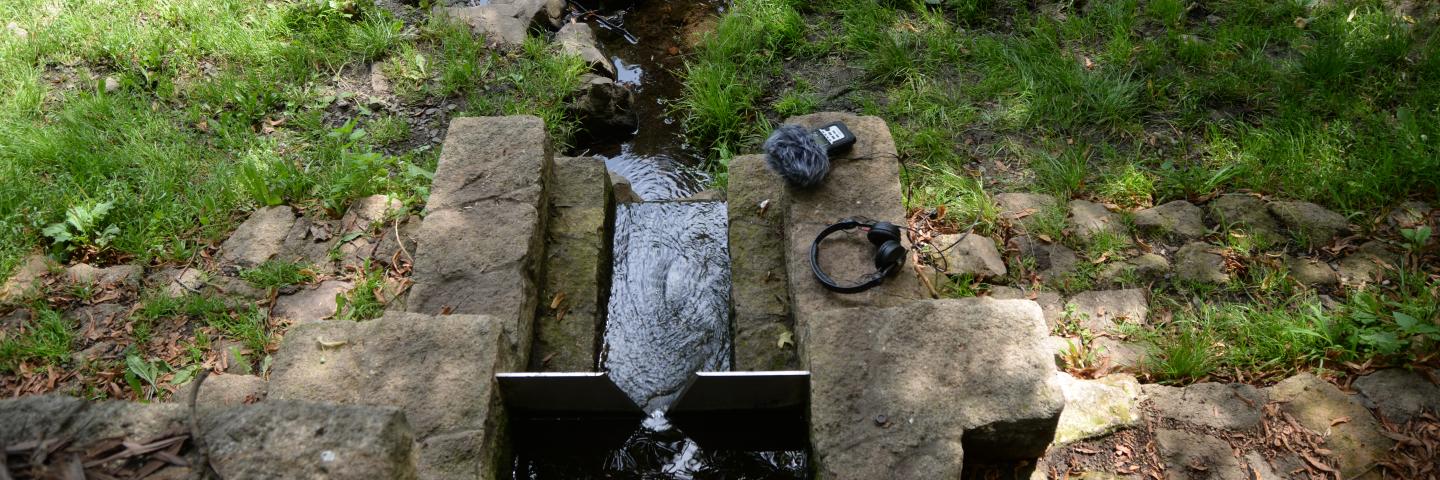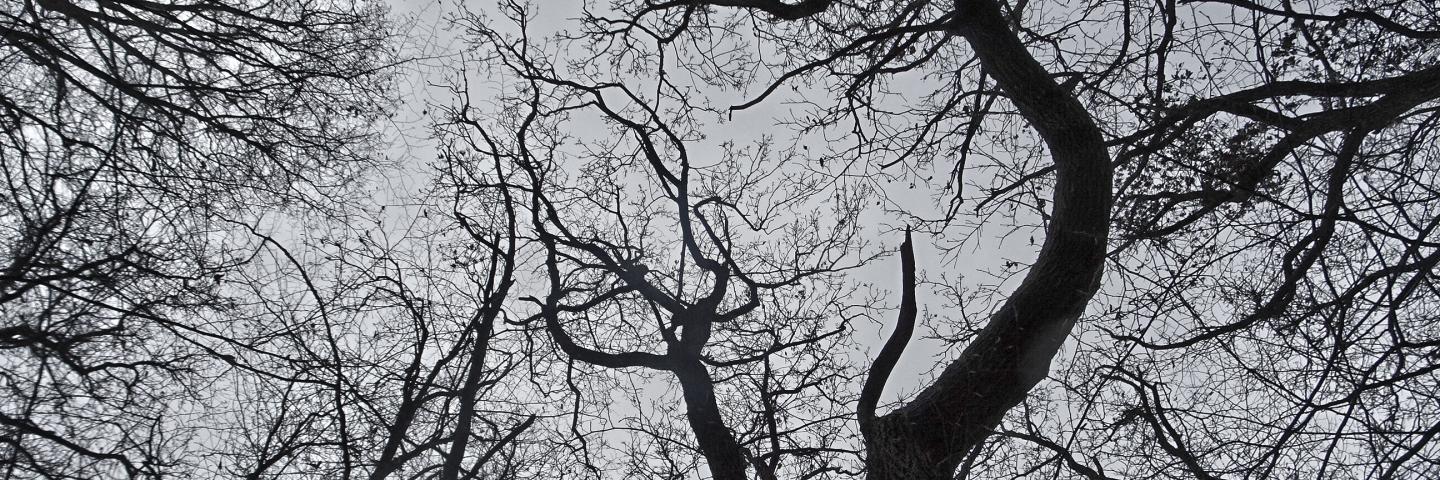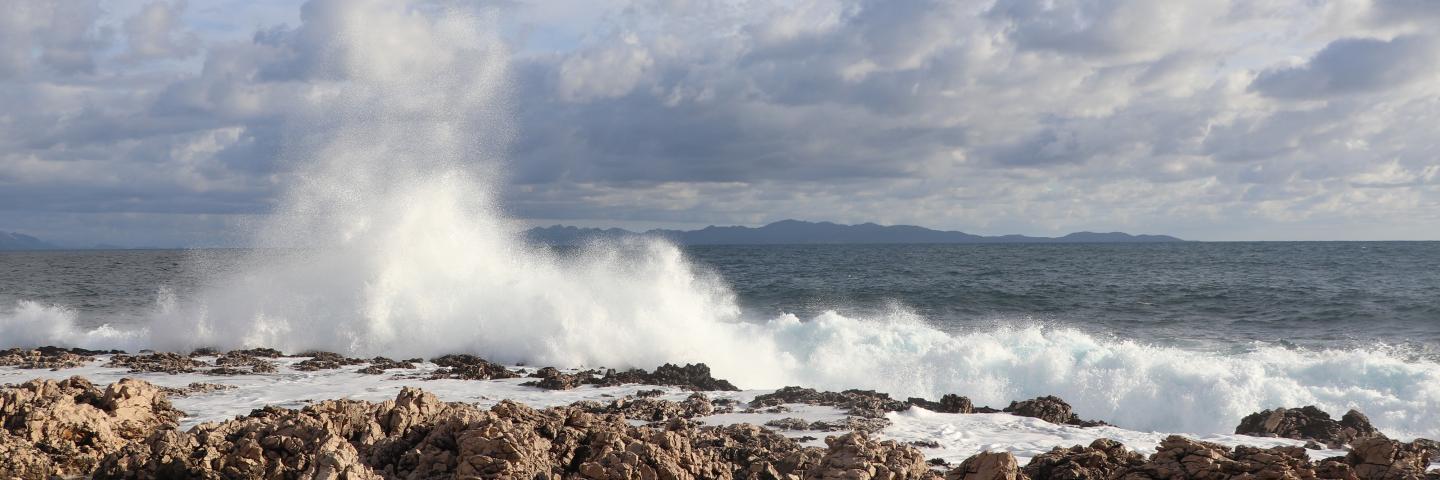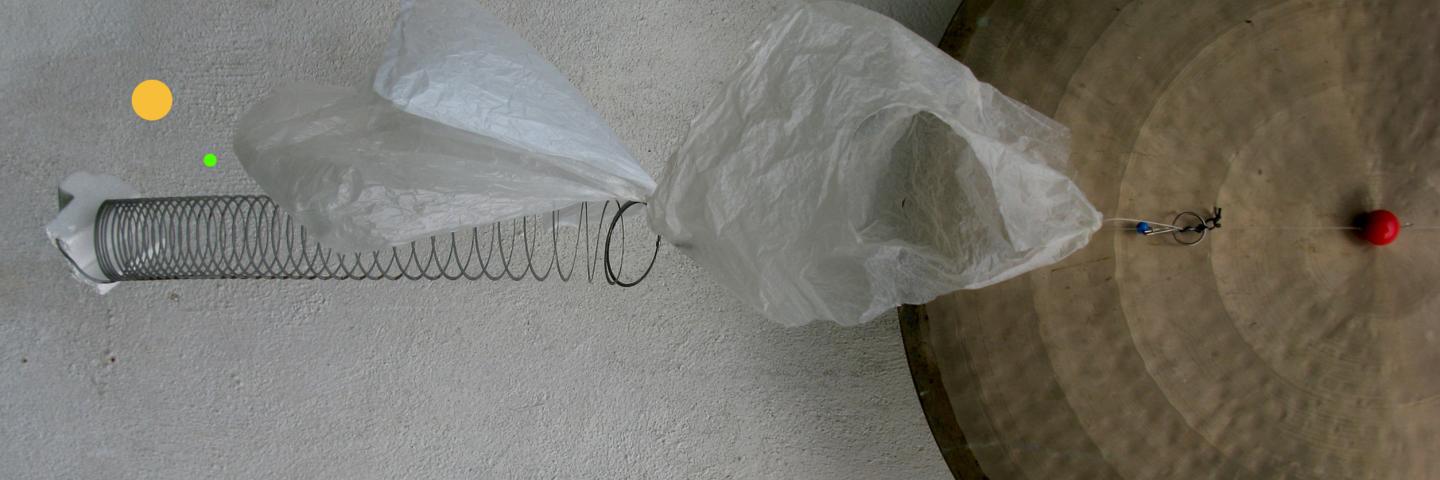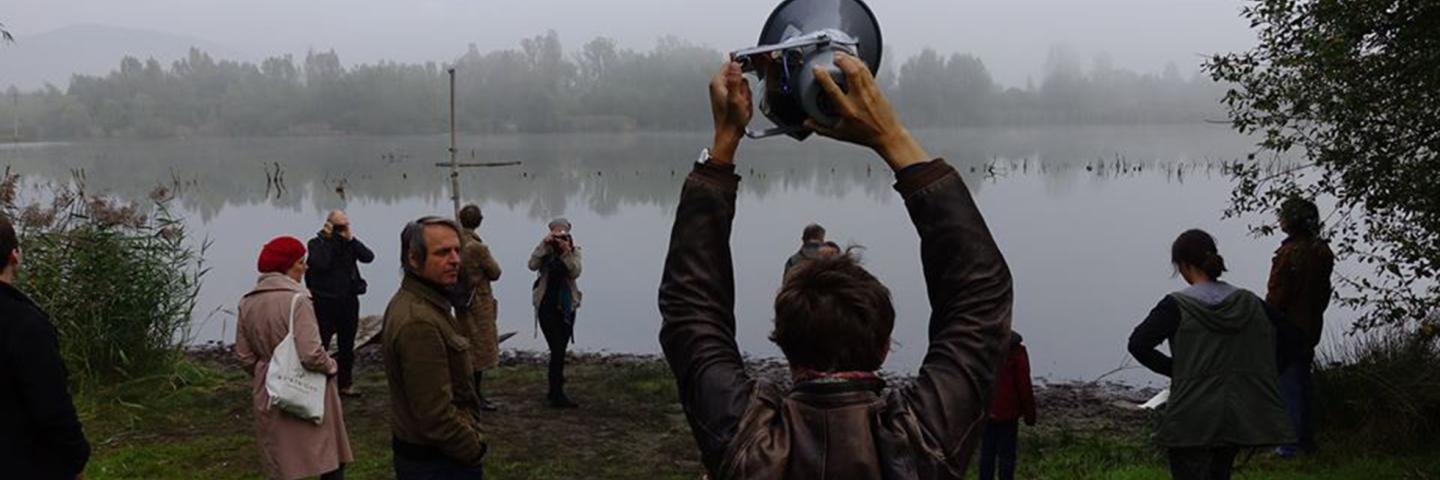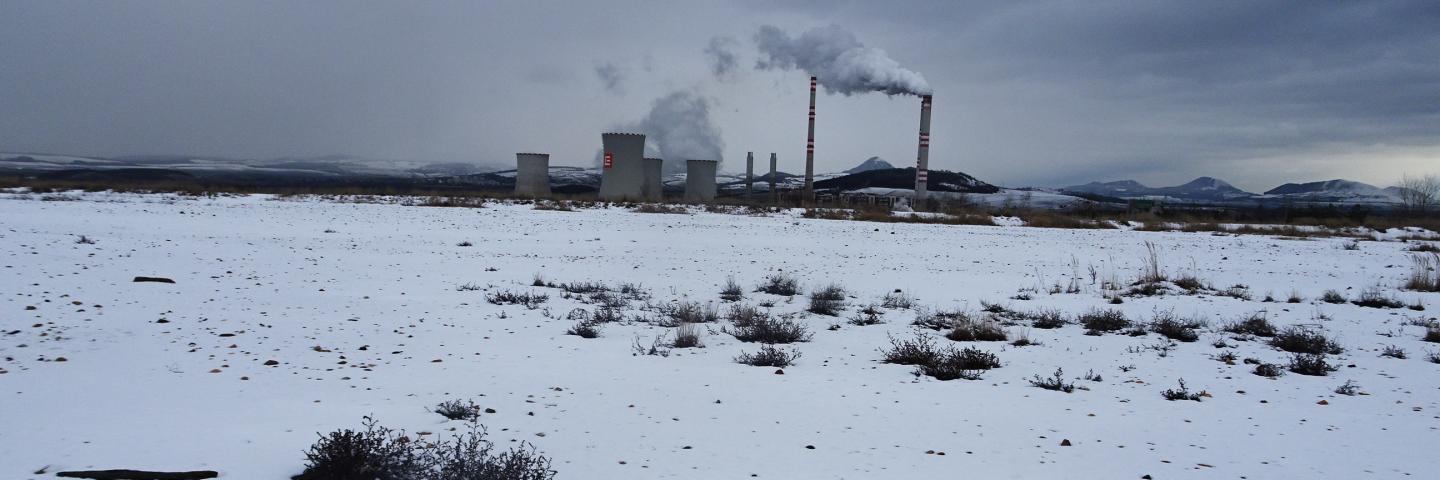Beyond Listening: Agency, Art, and the Environment, an International Symposium on Sonic Ecologies
Open Call
Beyond Listening: Agency, Art, and the Environment
International Symposium on Sonic Ecologies
Organized by Moholy-Nagy University of Art and Design Budapest (MOME)
22 – 25 November 2023
Download the Open Call (pdf).
Scientists, philosophers, politicians, activists, the media, and some in the artist communities, have recently articulated the possible dystopian trajectory we are now entering, including various grim developments in the (sound)scapes of the world. A new term has been proposed: ecocide, meaning “unlawful or wanton acts committed with knowledge that there is a substantial likelihood of severe and either widespread or long-term damage to the environment being caused by those acts,” as defined by the Independent Expert Panel for the Legal Definition of Ecocide in June 2021).
Acoustic environments emerge through the complex activities of biological, anthropogenic and geophysical processes. Listening, as opposed to hearing, is a conscious act, a practice of attentive sensing, noticing and tuning-in. The current shift of environmental, economic, political, technical and cultural climates transforms a whole range of listening practices. By paying attention to the practice of listening (to soundscapes, but not exclusively), rather than focusing merely on the visual aspects and qualities of the environment, we assume that the listener can attain different kinds of insights and understandings of the surrounding environment. For example, through listening we might be able to observe and understand more details about the relations between various actors, events and species, and perceive how they change over time. Through listening, we might also become more careful and critical observers of power relationships that orchestrate our shared environments and our own entanglement within them.
How can we escape from listening paradigms that are based on expansive, colonial, violent and extractionist approaches? What can we learn from current ethical and political applications of Acoustic Ecology, acoustic anthropology, and bioacoustics? What can we, as sound artists, scholars, activists and listeners, do beyond simply witnessing another wave of reports on declining biodiversity and the ongoing collapse of our planet’s systems? How can this ever more tangible and multi-sensory experience on a planetary scale be addressed on a local and collective level, beyond the act of listening?
The importance of environmental issues, especially as they relate to sound pollution in Central Europe, in countries like Hungary, Poland, the Czech Republic, Slovakia, and Austria, has for a long time been overlooked. In 2018, the Central European Network for Sonic Ecologies (CENSE) was established during an international conference held in Budapest. Since then, two further conferences have taken place, one in the Czech Republic (Murmurans Mundus), 2019 and one in Poland (The Second Life Of Recorded Sounds), 2020.
The proposed gathering in Budapest would be the fourth event connected to the CENSE network and would signal its return to Budapest. The Moholy-Nagy University of Art and Design Budapest (MOME), the organizer and venue of the planned 2023 conference, is an institution that systematically addresses issues of environmental sustainability.
The aim of the conference is to provide a transdisciplinary forum for the achievements in recent years and to foster further exchanges, communication and networking during the years to come. We would like to pay special attention to the region of Central Europe, but the geopolitical range of its subjects remains open to the broader world.
In particular, we are looking for topics that address the potential of sonic ecology in these areas:
- Cultures and spectra of listening: the convergence of art, science and technology in sonic ecosystems
- Listening across, within and beyond disciplines
- New and needed audiences for sound-related art and scholarship
- Sound politics: learning from listening to the anthropocene
- The pedagogy of listening / alternative listening pedagogies and anti-pedagogies
- How to listen in other-than-human sonic environments (ecoacoustics and bioacoustics)
- Urban environments: sonic architecture and urban planning
- Social environments: inequality, discrimination, and social justice
- The relationship between listening and environmental activism
We welcome proposals for papers, research reports, artworks, performances and workshops. We especially encourage challenging, innovative – even provocative – contributions which go beyond traditional formats of papers and talks that dominate academic conferences and symposia. In the selection process, we will prioritize experimental, engaging and hands-on proposals.
The symposium will feature a simultaneous track dedicated to sound contributions. We are interested in creative submissions that move beyond merely illustrating ecological issues at stake and reflecting creative capacities of their authors. In other words, we see our 'sound track' of the symposium as not an accompanying event of merely aesthetic value, but a place for thorough and equally significant engagement and dialogue about the issues of our collective interest. Thus, we aim for accepting works – soundscape compositions, listening situations, field recordings, sound performances – that use the medium of sound as a medium equipped with argumentative potential capable of articulating what traditional, convention-driven scholarship might not be able to convey.
To present the selected works, we will designate a special room with a sound system (up to 8-channels)
Please send us an abstract of max 300 words, including the format of your presentation. For the sound, max 200 words and a sample in mp3, wav or flac format.
Deadline for applications: May 20, 2023.
Selected applicants will be notified by July 2, 2023.
Contact: info@cense.earth
Main organization: Moholy-Nagy University of Art and Design Budapest (MOME).
Chair: Csaba Hajnóczy.
Central European Network for Sonic Ecologies (CENSE)
Advisory board: Anna Kvíčalová, Jacek Smolicki, Miloš Vojtěchovský
The Central European Network for Sonic Ecologies (CENSE) is an informal network of individual voices coming from various backgrounds. We propose this emerging network to fill the need of fostering more perceptive and conscious thinking and solutions, addressing developments in the social and cultural fields of Central Europe (and beyond) related not only to sound art, ecomusicology, and sound per se, while keeping a central focus on deep environmental and social changes.
Image: Jacek Smolicki
